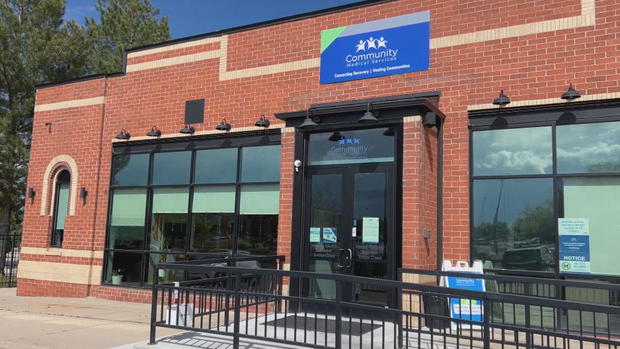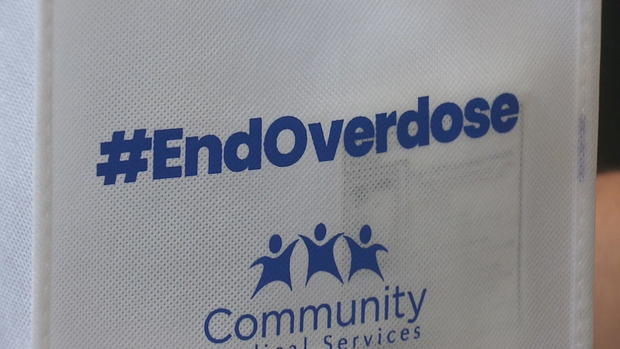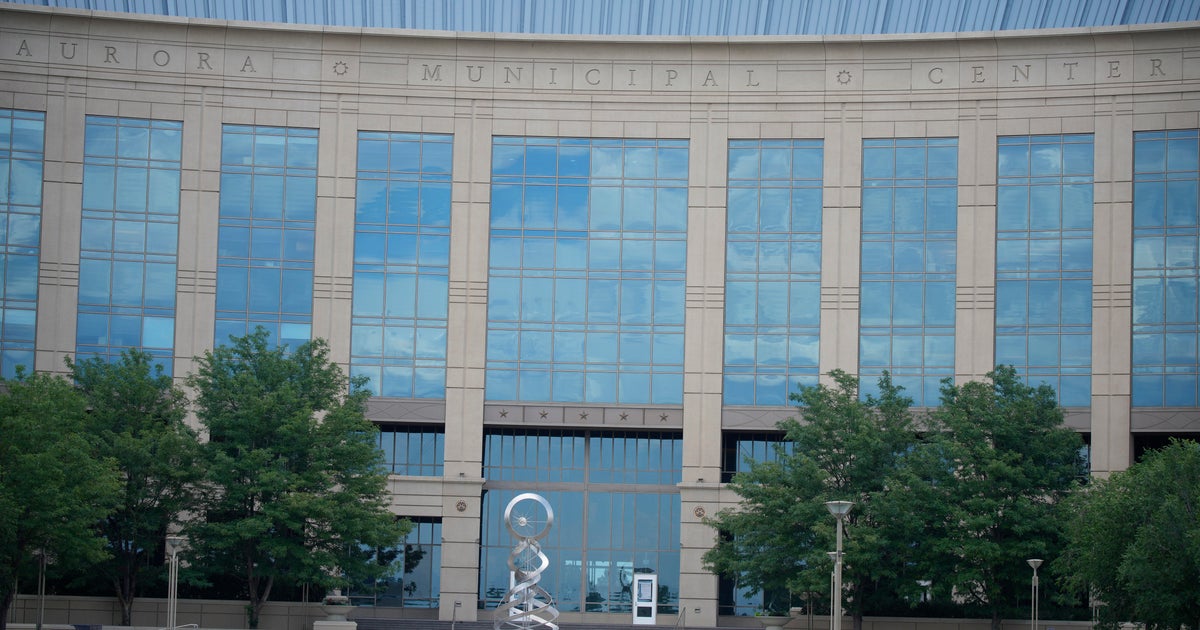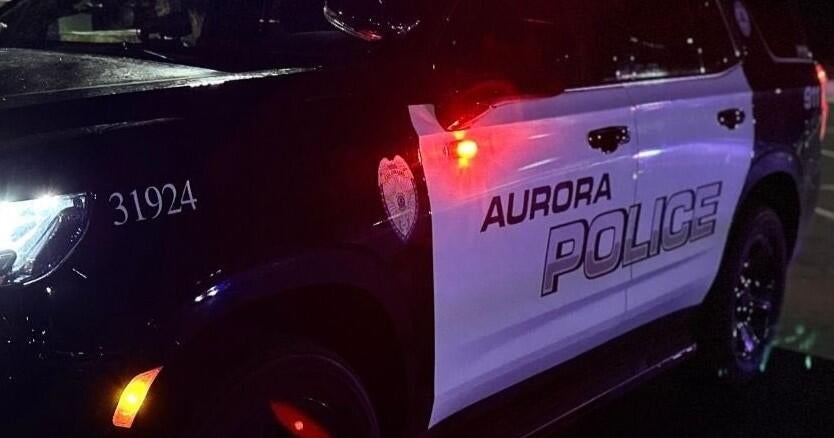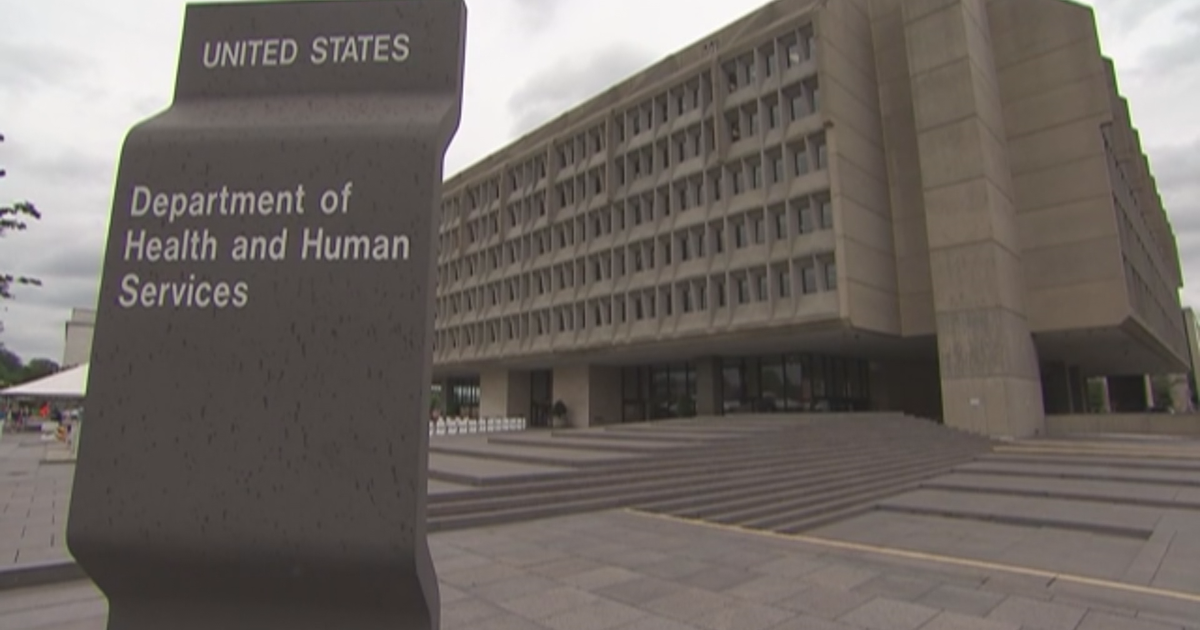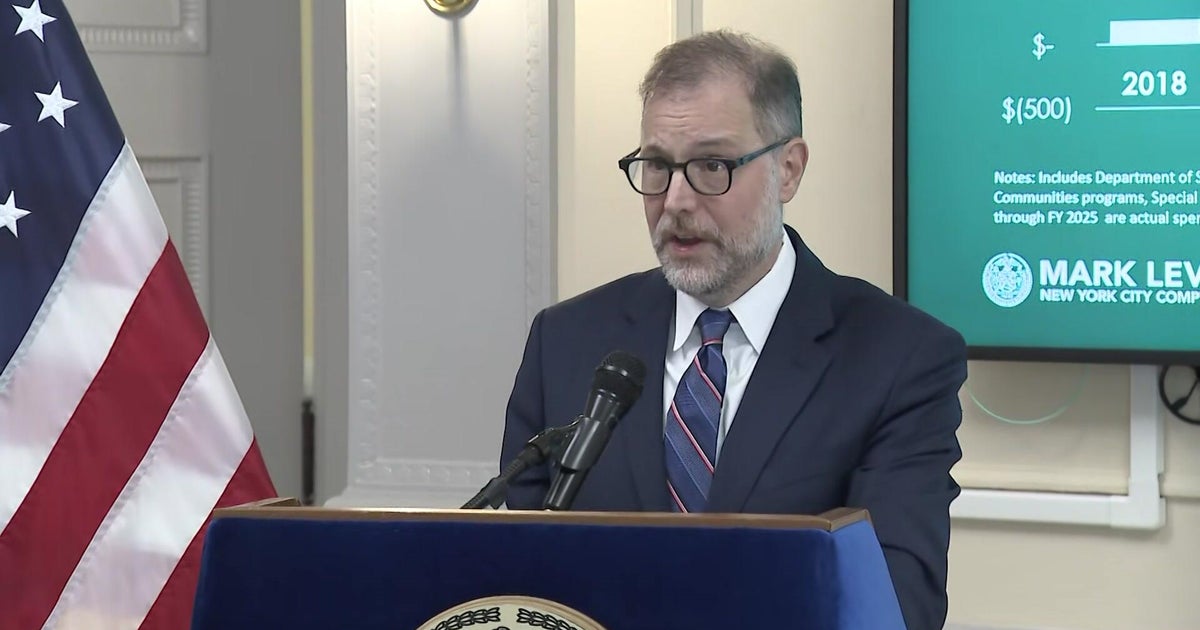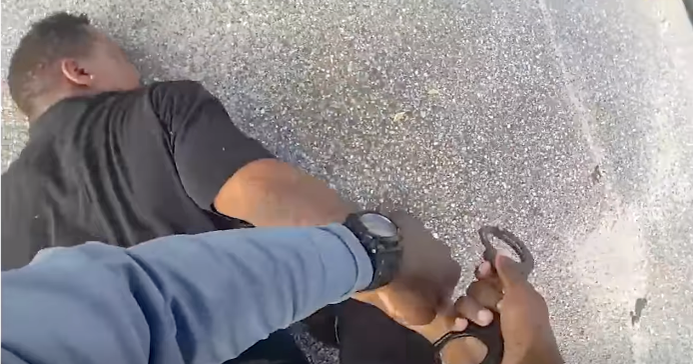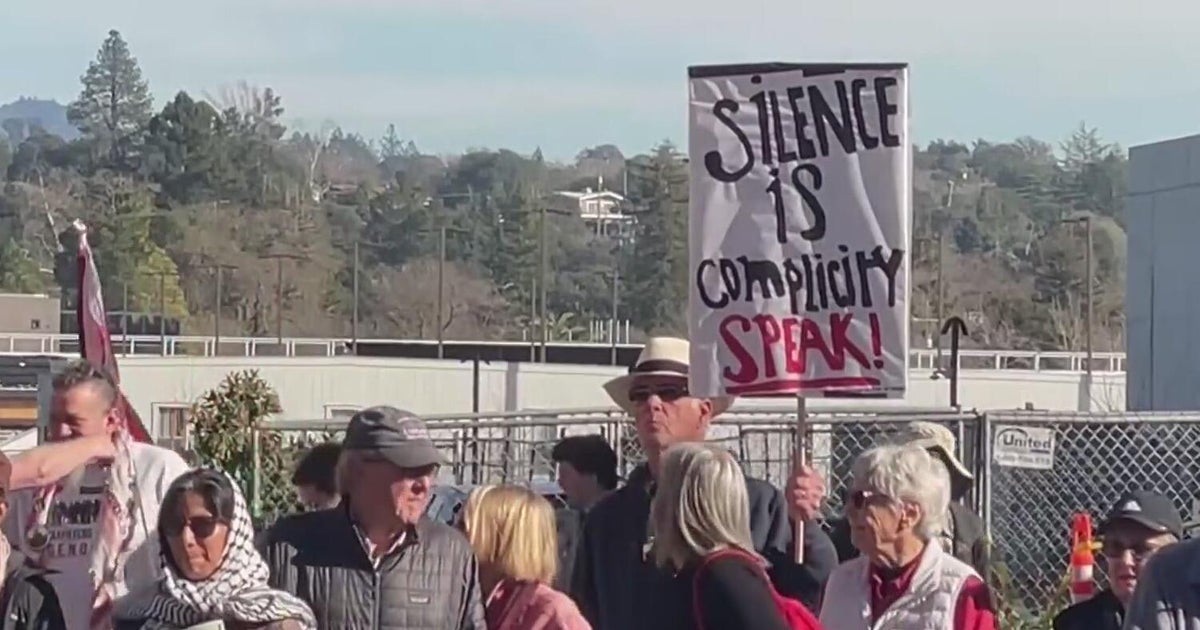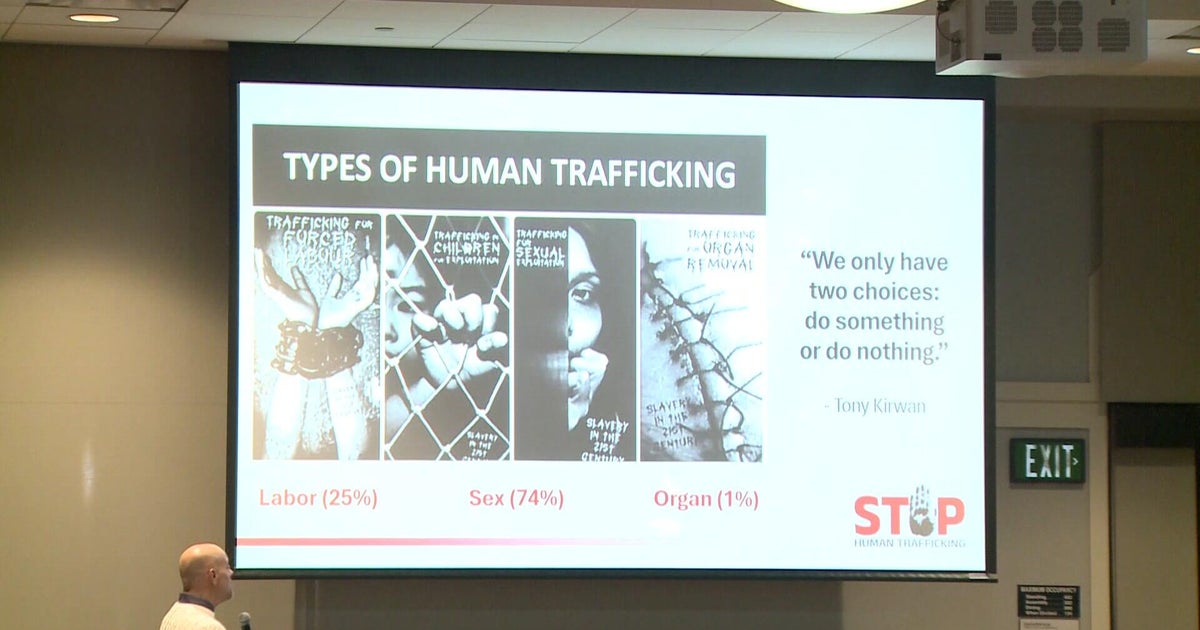Addiction treatment center in Aurora helps fill gap for recovery in Colorado
In 2023, more than 1,800 Coloradans died of a drug overdose. Settlements were reached nationwide with opioid distributors to resolve claims by state and local governments that these companies contributed to the opioid epidemic.
Aurora will receive millions over the next several years, and the plan is to use that money to help mitigate the effects of the opioid crisis. Region 9 Opioid Abatement Council is working to identify the best way to use those funds.
"We are looking at funding things such as education awareness for the youth and for adults. We're also looking to fund walk-in crisis centers, detox facilities, and peer counselors. We know we have a shortage of people in that profession, so trying to offer additional training with the dollars that we have to maybe help someone wanting to be in that career," said Councilmember Francoise Bergan, who's also chair of the Region 9 Opioid Abatement Council for Arapahoe County.
Bergan joined Councilmember Steve Sundberg and Mayor Mike Coffman for a tour of Community Medical Services in Aurora. They heard directly from community members in recovery.
"By bringing them here, we get to open that conversation up and help them amplify their stories. That way, it can be factored into policy that affects everyone," said Chloe Wells, Community Impact Manager for CMS.
CMS takes a holistic approach to treatment, offering the latest medications for opioid use disorder, counseling and support services. They offer methadone, a medication-assisted treatment not used at every clinic.
Since opening, they've already treated 2,000 patients. CMS opened in a part of the city they knew needed support.
"It's imperative that folks can receive services in their home community. The first step in identifying a location is trying to understand what services already exist. If there aren't treatment services nearby. We also take in consideration transportation, so proximity to public transportation, such as the light rail. Being here has opened the door for folks who maybe otherwise would not have traveled across Aurora to engage with services," said Wells. "There are people who are hurting, who don't know where to get help or don't know how to get help, or they're facing the stigma. They're afraid to open that door. We found that regardless of how many clinics are in a certain area, there's always someone else who needs it."
CMS does boots-on-the-ground outreach, like visiting people in encampments. They also offer resources like job and housing assistance.
Patient Alex Torres shared his story with city leaders. He says fighting the opioid battle takes community education and making treatment more accessible.
"I had been using from 17 until about 29. And 29 is when I found out methadone exists," said Torres. "I am on Medicaid, so I don't have to pay for the methadone. Also, I get rides to and from the clinic since I don't have a car."
Torres says the medication is only part of his success - recovery takes a village.
"Addiction is a part of every socio-economic group. It's people from all classes, all races, all genders, everything. Addiction does not look like one person. It's a lot of different people. That's why it's important to have a support group. All those people need support groups," said Torres.
For more information about Community Medical Services, visit https://communitymedicalservices.org/locations/addiction-treatment-aurora-colorado/.

